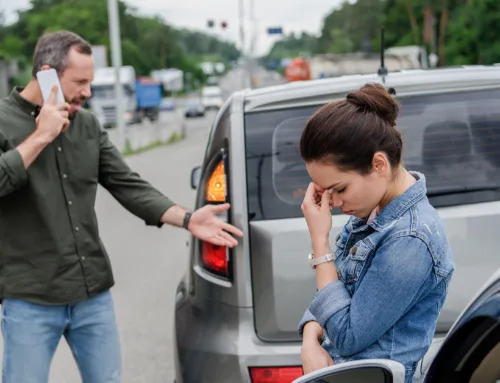One of the biggest expenses with an injury-causing accident is healthcare. Medical expenses after a car accident, truck accident, or wrongful death can quickly mount and become overwhelming. Hospital and medical liens in personal injury cases are common and complex issues. What are they, and what do they mean for your case?
What are Medical Liens?
A medical lien is a claim for repayment that hospitals, health insurance providers, medical providers, and government agencies may place against a personal injury case. If you are injured in an accident and receive medical care, the facilities or companies that paid for that care often times file a claim for reimbursement; this is sometimes referred to as a “lien” or “subrogation.” This repayment is deducted from the settlement funds received from your injury or wrongful death claim.
Georgia’s Hospital Lien Law
According to Georgia law, hospitals and physicians have the right to file a lien against a cause of action relating to a patient’s injury. In 2023, the Georgia Legislature updated this law to include a Chiropractor’s right to assert a lien against a personal injury case. In other words, these medical providers can file a legal claim that gives them the right to pursue reimbursement of the compensation you receive from your injury case. Oftentimes, major hospital systems will file a hospital lien for the full amount of your bill rather than the self-insured or “self-pay” rate.
Any hospital, medical doctor, or chiropractor may place a medical lien for reimbursement for accident-related injuries. The following people and entities may file a medical lien in Georgia:
- Hospitals
- Nursing homes
- Physicians
- Chiropractors
- Traumatic burn care facilities
Georgia’s medical lien law states that eligible healthcare providers must file with the injured party’s health insurance before enforcing a lien. Any amount not paid by the health insurance may then be sought for reimbursement through a hospital or medical lien. It’s critical that you provide the hospital or medical office with a copy of your health insurance information at the time of treatment to lower the risk of a medical facility filing a lien against your case.
How a Medicaid or Medicare Lien Can Impact Your Personal Injury Case
Medicaid is a government-funded health insurance program available to low-income people and their families. Medicare is a government-funded health insurance program available to senior citizens. Georgians who meet the financial or age requirements of these programs can receive healthcare coverage for medical expenses, prescriptions, and hospital visits, including coverage for accident-related injuries.
Medicaid and Medicare liens in personal injury cases are relatively common. For example, if someone qualifying for Medicare is severely injured in an accident, they may be unable to work, meaning they often qualify for Medicaid. Just like with other medical liens, any compensation you may receive from your personal injury case can be used to reimburse Medicaid for your healthcare expenses. It’s important to review your medical bills and charges to ensure that the hospital and other medical facilities are not overcharging or billing you for any unreasonable charges.
Personal Injury Lawyers with Medical Lien Experience
While your personal injury case is about much more than a dollar amount (i.e. your life, your health, and seeking justice), receiving a fair settlement allows you to focus more freely on your physical and emotional healing. Our office is skilled at navigating the complexities of medical liens and health insurance subrogation arising from personal injury cases. We also have extensive experience navigating hospital and Medicaid liens for Georgia personal injury victims. If you have questions about a medical lien in your personal injury case, contact Flanagan Law to schedule a free consultation.


